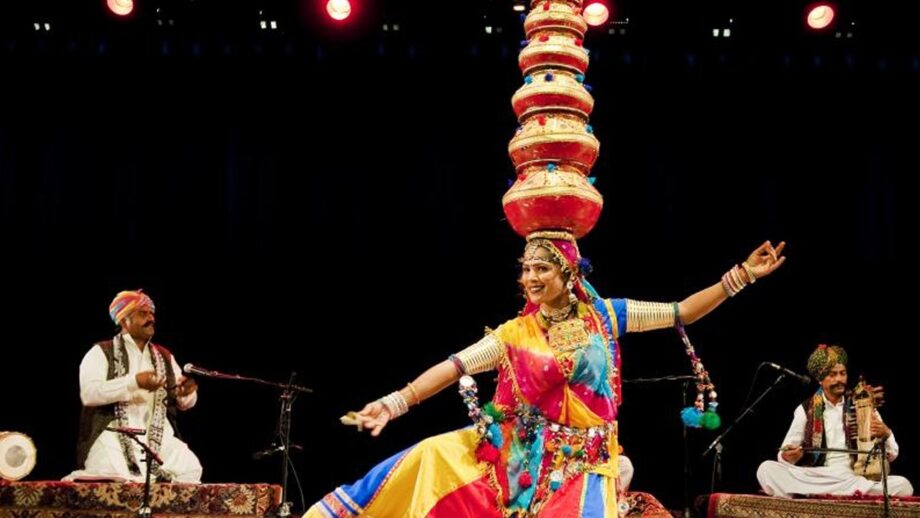Bhavai is a popular folk theatre form in Gujarat with a 700-year old history. The word Bhavai derives its meaning from a combination of two words—bhav meaning emotion, and vahini meaning carrier—thus it is named as an art form which is a carrier of emotions.
Bhavai’s original aim was mass awareness and entertainment; hence it evolved to have an open-air style, with simple storylines and exaggerated acting. One night of performance includes several skits being performed and these small skits are called vesha. Music, dance, and vernacular humour are highlights of any Bhavai vesha.
Bhavai has seen a decline in popularity in the 21st century due to multiple factors, the most important being the advent of modern means of entertainment, even in rural interiors.
Bhavai, an ancient form of Gujarati folk-theatre, functioned as a counter-voice in a society marked by caste and class distinctions, by subverting the social norms of the cultural elite. It acted as a medium of entertainment and information, presented in a vernacular form.
With the many social and economic changes in the society, Bhavai finds itself increasingly outdated and obsolete. Efforts are being made to safeguard it, but in the absence of a major movement towards its genuine revival, Bhavai appears as ‘a cultural relic of a bygone era’.


